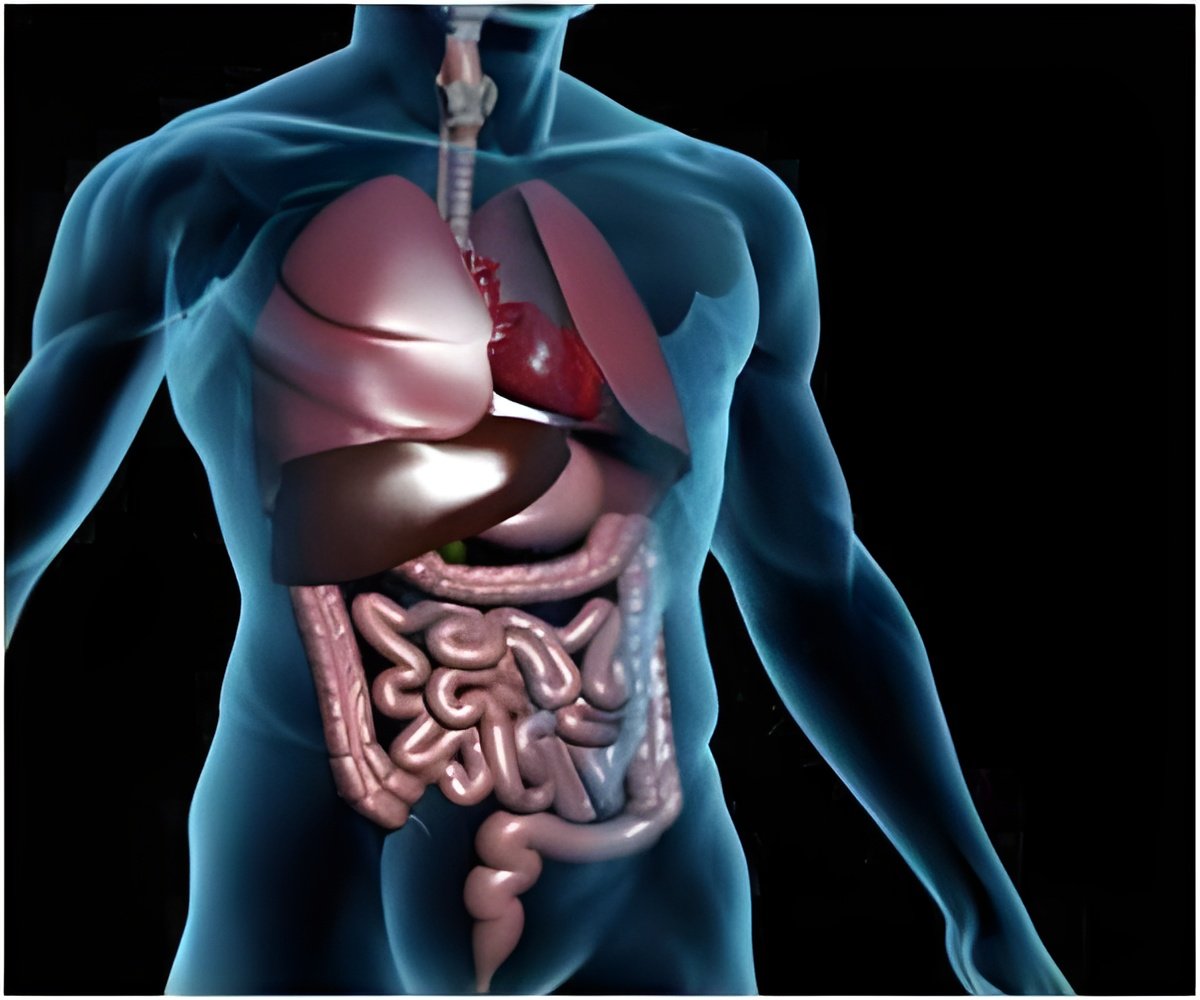The American College of Gastroenterology published a new evidence-based systematic review on the management of Inflammatory Bowel Disease (IBD) as a supplement

The ACG Institute for Clinical Research & Education convened an expert Task Force to undertake a systematic review of trials evaluating medical therapies of active and quiescent CD and UC. Therapeutic approaches to inducing and maintaining remission, as well as preventing relapse, were included in the analysis. The evidence for the following therapies was included in the systematic review: 5-ASAs, corticosteroids, antibiotics, biologics and immunosuppressants.
"A series of systematic reviews performed by methodologists and supported by IBD experts provides an authoritative perspective on the efficacy of medical therapies in IBD," explained Paul Moayyedi, B.Sc., M.B. Ch.B., Ph.D., MPH, FRCP, FRCPC, FACG, who, along with colleagues at McMaster University and University of Leeds conducted the comprehensive meta-analysis. Dr. Moayyedi also serves as Co-Editor of AJG. "The assessment of all the trials in both UC and CD using the same criteria by one group of researchers gives a unique overview of the strength and quality of the evidence."
"While many review articles, including systematic reviews, have been published on therapy for IBD, the ACG Task Force represents the most rigorous attempt to date to synthesize all of the available evidence in an unbiased fashion. I believe it will prove an invaluable guide for clinicians and investigators," commented Nicholas J. Talley, M.D., Ph.D., FACG, who chaired the ACG IBD Task Force.
"ACG's goal was to highlight the wealth of randomized controlled trial data that can guide the clinician in the medical management of IBD," explained Delbert L. Chumley, M.D, FACG, President of the American College of Gastroenterology.
Highlights of ACG's New Recommendations on IBD Therapies A summary of the evidence-based recommendations appears in the monograph in a series of Tables, 2 through 5.
Advertisement
Those with certain immune function predispositions are more like to develop IBD, and the most likely candidate may reside within the gut microbiome, with changes in the gut flora associated with increased risk of IBD in two studies. Dietary factors are also associated with the emergence of IBD, particularly in countries where industrialization has lead to a change in eating patterns and types of foods consumed. One culprit consistently associated with CD is a diet high in refined sugar. Finally, the association with the increased risk of IBD among those living in a cleaner environment, known as the "hygiene hypothesis," points to need to investigate both the immune system and the gut flora as way to enlarge understanding of the causes of IBD, according to the monograph authors.
Advertisement












